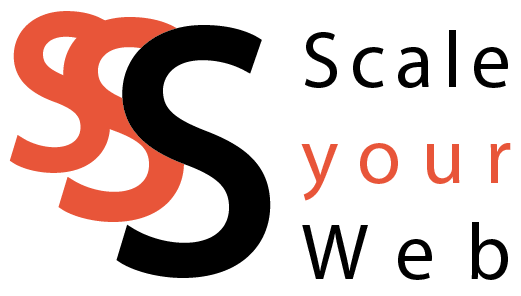Last week, the technology companies Anthropic and Meta each won landmark victories in two separate court cases that examined whether or not the firms had violated copyright when they trained their large language models on copyrighted books without permission. The rulings are the first we’ve seen to come out of copyright cases of this kind. This is a big deal!
The use of copyrighted works to train models is at the heart of a bitter battle between tech companies and content creators. That battle is playing out in technical arguments about what does and doesn’t count as fair use of a copyrighted work. But it is ultimately about carving out a space in which human and machine creativity can continue to coexist.
There are dozens of similar copyright lawsuits working through the courts right now, with cases filed against all the top players—not only Anthropic and Meta but Google, OpenAI, Microsoft, and more. On the other side, plaintiffs range from individual artists and authors to large companies like Getty and the New York Times.
The outcomes of these cases are set to have an enormous impact on the future of AI. In effect, they will decide whether or not model makers can continue ordering up a free lunch. If not, they will need to start paying for such training data via new kinds of licensing deals—or even find new ways to train their models. Those prospects could upend the industry.
And that’s why last week’s wins for the technology companies matter. So: Cases closed? Not quite. If you drill into the details, the rulings are less cut-and-dried than they seem at first. Let’s take a closer look.
In both cases, a group of authors (the Anthropic suit was a class action; 13 plaintiffs sued Meta, including high-profile names such as Sarah Silverman and Ta-Nehisi Coates) set out to prove that a technology company had violated their copyright by using their books to train large language models. And in both cases, the companies argued that this training process counted as fair use, a legal provision that permits the use of copyrighted works for certain purposes.
There the similarities end. Ruling in Anthropic’s favor, senior district judge William Alsup argued on June 23 that the firm’s use of the books was legal because what it did with them was transformative, meaning that it did not replace the original works but made something new from them. “The technology at issue was among the most transformative many of us will see in our lifetimes,” Alsup wrote in his judgment.
In Meta’s case, district judge Vince Chhabria made a different argument. He also sided with the technology company, but he focused his ruling instead on the issue of whether or not Meta had harmed the market for the authors’ work. Chhabria said that he thought Alsup had brushed aside the importance of market harm. “The key question in virtually any case where a defendant has copied someone’s original work without permission is whether allowing people to engage in that sort of conduct would substantially diminish the market for the original,” he wrote on June 25.
Same outcome; two very different rulings. And it’s not clear exactly what that means for the other cases. On the one hand, it bolsters at least two versions of the fair-use argument. On the other, there’s some disagreement over how fair use should be decided.
But there are even bigger things to note. Chhabria was very clear in his judgment that Meta won not because it was in the right, but because the plaintiffs failed to make a strong enough argument. “In the grand scheme of things, the consequences of this ruling are limited,” he wrote. “This is not a class action, so the ruling only affects the rights of these 13 authors—not the countless others whose works Meta used to train its models. And, as should now be clear, this ruling does not stand for the proposition that Meta’s use of copyrighted materials to train its language models is lawful.” That reads a lot like an invitation for anyone else out there with a grievance to come and have another go.
And neither company is yet home free. Anthropic and Meta both face wholly separate allegations that not only did they train their models on copyrighted books, but the way they obtained those books was illegal because they downloaded them from pirated databases. Anthropic now faces another trial over these piracy claims. Meta has been ordered to begin a discussion with its accusers over how to handle the issue.
So where does that leave us? As the first rulings to come out of cases of this type, last week’s judgments will no doubt carry enormous weight. But they are also the first rulings of many. Arguments on both sides of the dispute are far from exhausted.
“These cases are a Rorschach test in that either side of the debate will see what they want to see out of the respective orders,” says Amir Ghavi, a lawyer at Paul Hastings who represents a range of technology companies in ongoing copyright lawsuits. He also points out that the first cases of this type were filed more than two years ago: “Factoring in likely appeals and the other 40+ pending cases, there is still a long way to go before the issue is settled by the courts.”
But even when the dust has settled in the courtrooms—what then? The problem won’t have been solved. That’s because the core grievance of creatives, whether individuals or institutions, is not really that their copyright has been violated—copyright is just the legal hammer they have to hand. Their real complaint is that their livelihoods and business models are at risk of being undermined. And beyond that: when AI slop devalues creative effort, will people’s motivations for putting work out into the world start to fall away?
In that sense, these legal battles are set to shape all our futures. There’s still no good solution on the table for this wider problem. Everything is still to play for.
This story originally appeared in The Algorithm, our weekly newsletter on AI. To get stories like this in your inbox first, sign up here.

